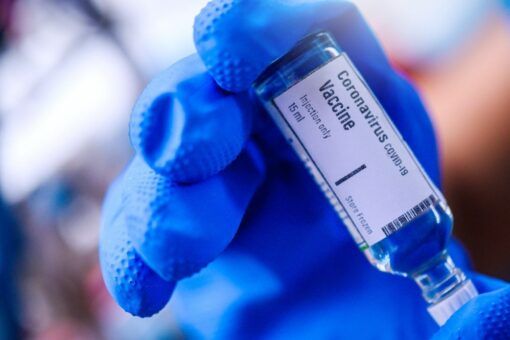Policy briefing29th May 2020

Key points
- The development of an effective treatment and vaccine for COVID-19 is key to ending the pandemic and resuming social and economic activity. An international research effort to this end is underway.
- The COVID-19 pandemic has disproportionately affected disadvantaged populations. Those inequalities will be exacerbated without consideration of the ways in which treatments and vaccines can be developed, accessed, and distributed in a fair and equitable way.
- Policies for fair and equitable access to treatments and vaccines need to be in place prior to or concurrent with their development and distribution.
- The key factors which affect fair and equitable access include where and how research is prioritised and funded; the distribution of the burden and benefits of research efforts between high and low income countries; prevailing structural and health inequalities which will further limit access; and public trust and engagement with the development and roll-out of any treatment or vaccine.
- Particular challenges arise through the interface between private and public interests, where commercial confidentiality laws, intellectual property rights, and pricing decisions can affect the way in which tests, treatments and vaccines are made available.
- In light of the truly global nature of the pandemic, international cooperation and collaboration across all different sectors working on COVID-19 to share the benefits of research and treatment is paramount.
- Key challenges for policy makers, regulatory bodies, industry, and research institutions include establishing harmonised regulatory regimes and ensuring transparency and data-sharing through research coalitions, to support and accelerate COVID-19 research efforts.